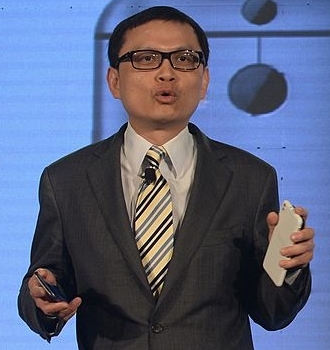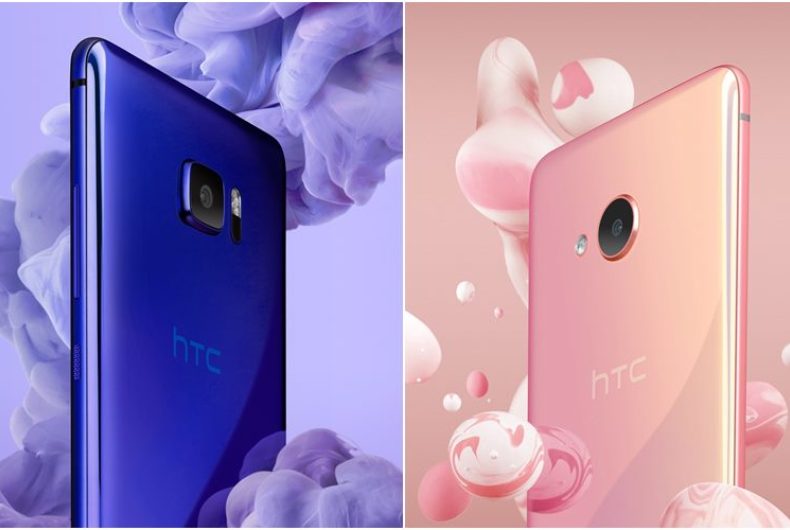HTC may be playing the cautious card in some of the markets its operates in but it is bullish on the Middle East and North Africa (MENA) region. The Taiwanese Android and Windows smartphone manufacturer has two new smartphones — the HTC U Ultra and the HTC U Play — with machine learning or artificial intelligence capabilities that it is ready to begin the year with. Chialin Chang, President, HTC Smartphones & Connected Devices was in Dubai to preside over the launch ceremony.
“We plan to focus on a few key markets in 2017. This region is one of them and Saudi Arabia is on top of our list. We plan to beef up operations in the region and particularly in Saudi Arabia that has one of the highest video consumption per person. We are looking for fresh talent in the region and will intensify our digital marketing strategy for MENA,” Mr Chang said in a conversation with the Arabian Marketer.

Elaborating on the new flagship line in 2017, Mr Chang said, “HTC Ultra will be followed by the next generation Snapdragon 835. HTC will be on the forefront. Fast forward few months from here and you will know why we wanted to introduce a flagship phone to serve consumers well in the next couple of months.”
In HTC U, the company has integrated AI software called ‘Sense Companion’ that monitors user patterns and listens to users. Basis this, it then tweaks the phone and its apps to best suit the user. Explaining how this feature will help understand the consumer behavior better, Mr Chang said, “ If we do AI well and learn about consumers, you can do infinite things to serve your consumers better. In a world of abundance, we can aid in personalizing social, email, messages, videos and music behavior of users. The attention span is fixed and if we don’t use it, it will be gone. Customized personalization is crucial and that is why we chose to not call it AI but companion. The consumer helps contribute to the AI insight. They are part of it. This cannot be leveraged by the vendor or others, it’s a very intimate part of the consumer.”
In a highly competitive market, being a pure play smartphone brand can be a strength or weakness for HTC. For Mr Chang, the answer depends on the viewpoint. “It depends on how you see it. If you are doing well, it’s good,” he says, adding, “AI, mobility, VR or AR are areas that HTC will be work heavily on in the next 10 years.”
The company has lined up a more digital-centric marketing plan for its new phones. Neeraj Seth, Head of Marketing, HTC Middle East & Africa said, “We will emphasize significantly on more user trials, trying to get closer to HTC fans who believe in our phones. Our marketing strategy will deviate from big ad spends to narrowing our reach to consumers who must be educated about why they are paying that much of money. The consumer has to see value as to what the phone will do. If the consumers reach the point where they feel that they cannot live without this phone, we have achieved our goal.”
Mr Seth adds, “The strength of HTC smartphones is that we don’t have to push the consumer to buy the phone again and again. Once a HTC, always an HTC — it grows on you.”





